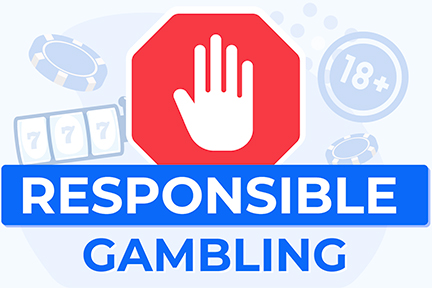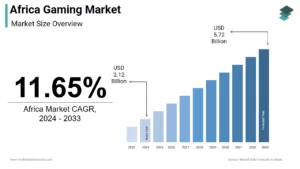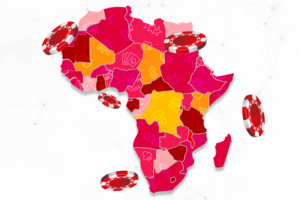The African continent has witnessed growing popularity of gambling because people find excitement in its winning potential and thrilling moments. The streets of Lagos and Nairobi markets and Johannesburg urban areas display betting shops and online platforms throughout their areas. The entertainment value of gambling creates economic benefits through taxation but problem gambling presents a major challenge to players. The responsible gaming Africa initiatives work to protect players from losing their well-being during their gaming experience.
I am Thandiwe Mokoena and I have studied the changing gambling industry through online and land-based operations which showed me how these activities create both help and harm people and their communities. The discussion holds special meaning to me because every wager represents a person who needs protection and support along with their family and community members. The rapid expansion of the industry requires all participants to adopt strong responsible gambling systems which have become essential for protecting players and operators and regulators.
The article examines responsible gambling initiatives through their fundamental tools and support systems and collaborative approaches which establish a protected betting environment. The article explains what these initiatives involve and their essential role in African betting environments while showing how players and operators and regulators should unite to develop responsible gaming practices.
The Urgency of Responsible Gambling in the African Context
The African continent showcases diverse potential yet faces distinctive economic and social difficulties throughout its territories. The digital transformation of betting platforms through mobile phone access has established new possibilities for entertainment and financial opportunities. The increased accessibility of betting platforms creates additional dangers for users. People who face economic difficulties might use gambling as a fast way to solve their financial problems which results in dangerous gambling habits.
Responsible gambling serves as a social necessity because it protects people from harm rather than functioning as a simple regulatory requirement. The lack of protective measures in entertainment platforms allows them to create severe personal and social problems for users. The process requires acknowledging existing vulnerabilities to establish preventive measures which stop problems from becoming worse. The main objective aims to establish betting as an entertaining activity instead of a cause of emotional pain.
Understanding Problem Gambling and Its Impact
Problem gambling exists as a secret addiction which creates severe negative consequences for those affected. Problem gambling creates more than monetary loss because it results in relationship failures and employment termination and mental health problems including depression and anxiety and sometimes leads to criminal conduct for funding the addiction. Many people become trapped in an endless pursuit of lost money which develops into an unshakable pattern that creates financial debt and emotional suffering.
The combination of limited financial education and strained social support networks within these communities makes problem gambling effects more severe. All parties who participate in betting need to understand the existing dangers that come with their activities. The identification of problem gambling indicators at an early stage serves as a fundamental method to stop its development and support recovery efforts. Problem gamblers display warning signs through excessive betting beyond their financial means and through dishonest behavior about their gambling activities and responsibility abandonment and rising betting stakes.
The Role of Regulatory Bodies and Government Initiatives
The gambling sector across Africa now receives growing attention from governments and regulatory organizations which establish formal oversight systems. The gambling industry in Nigeria and South Africa and Kenya and Ghana operates under established regulatory systems which grant licenses to operators and guarantee fair play and protect consumer rights. These organizations maintain essential responsibility for implementing responsible gambling standards through enforcement activities.





